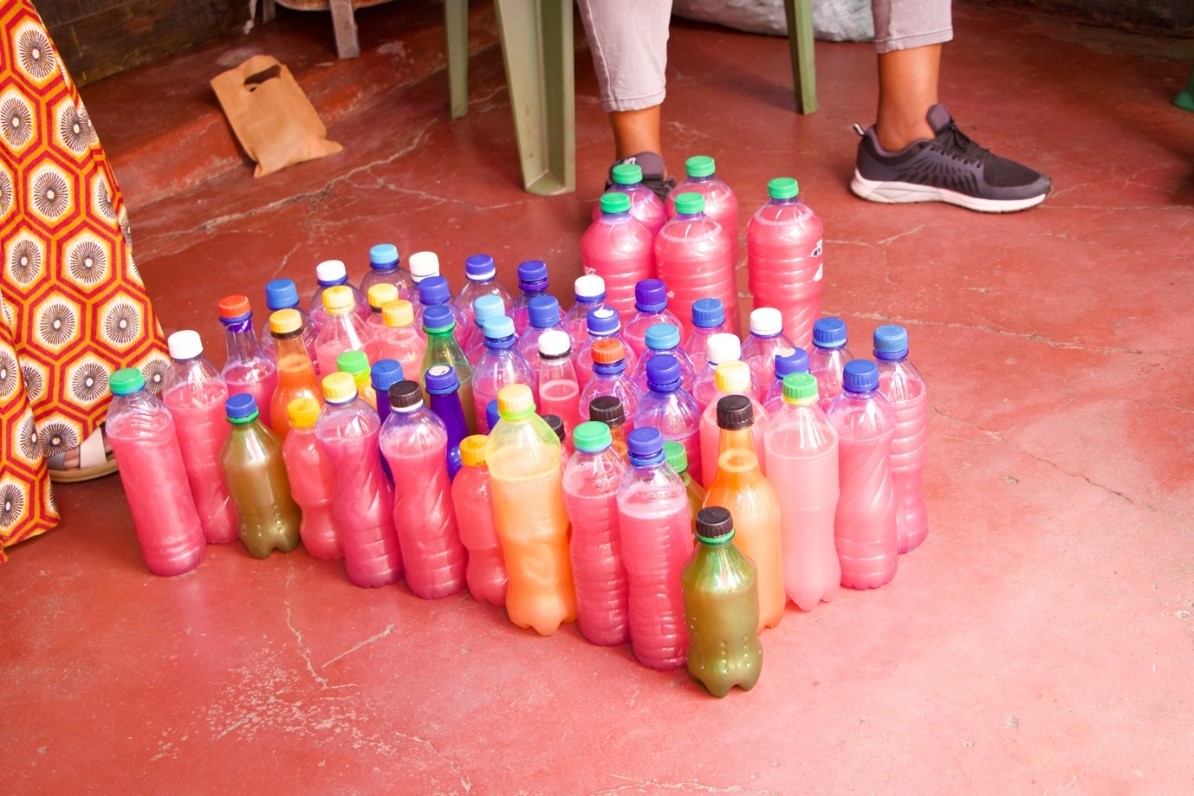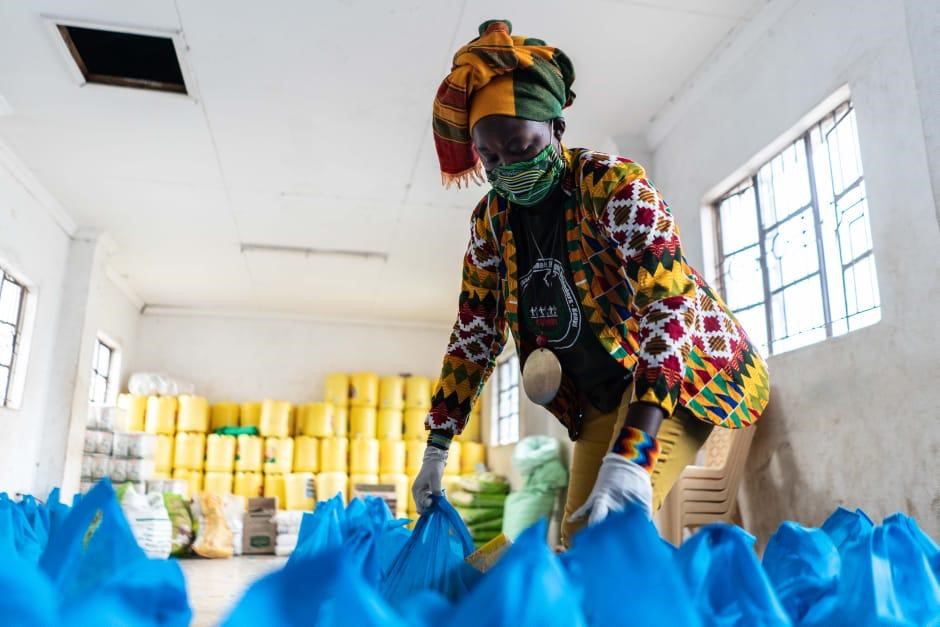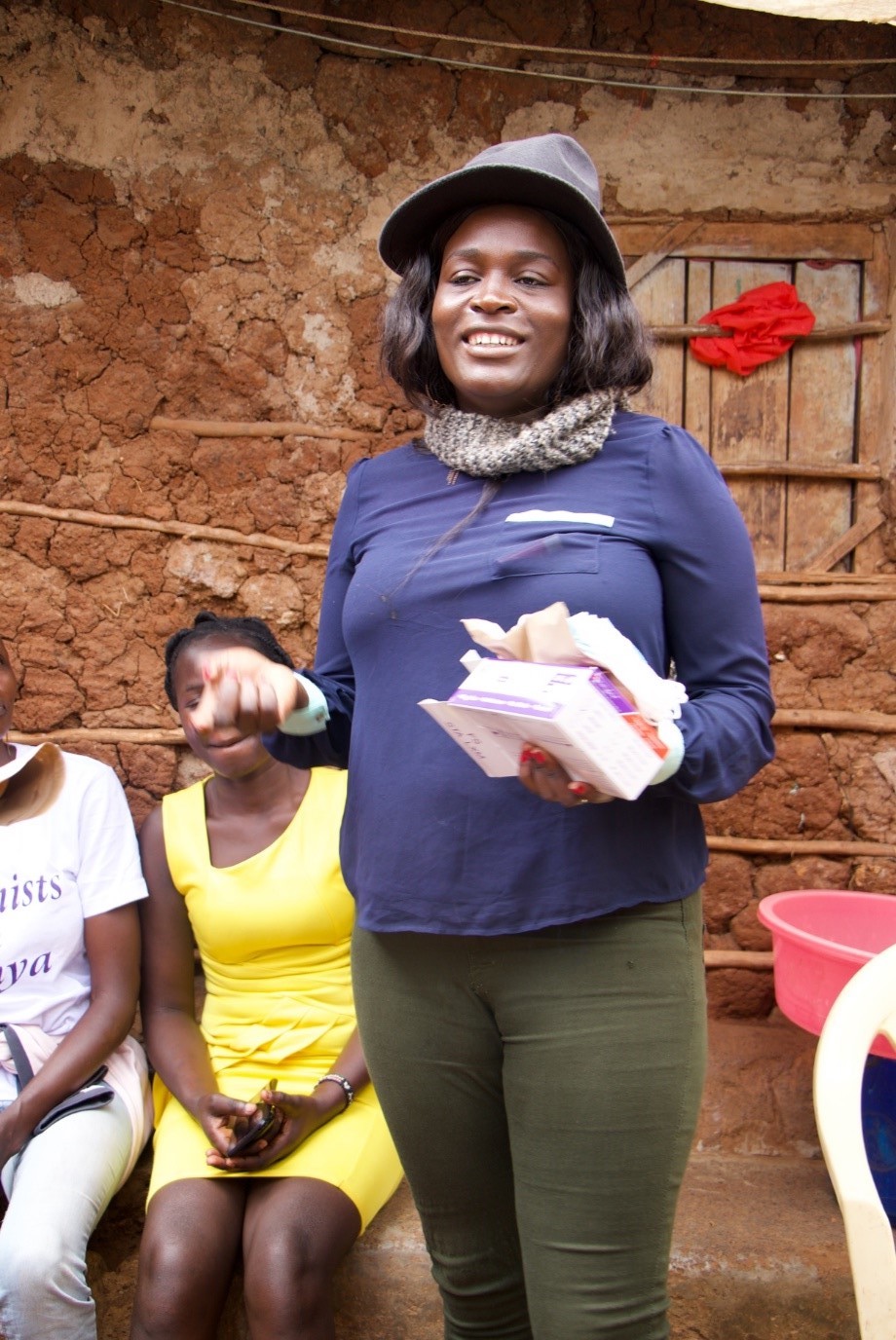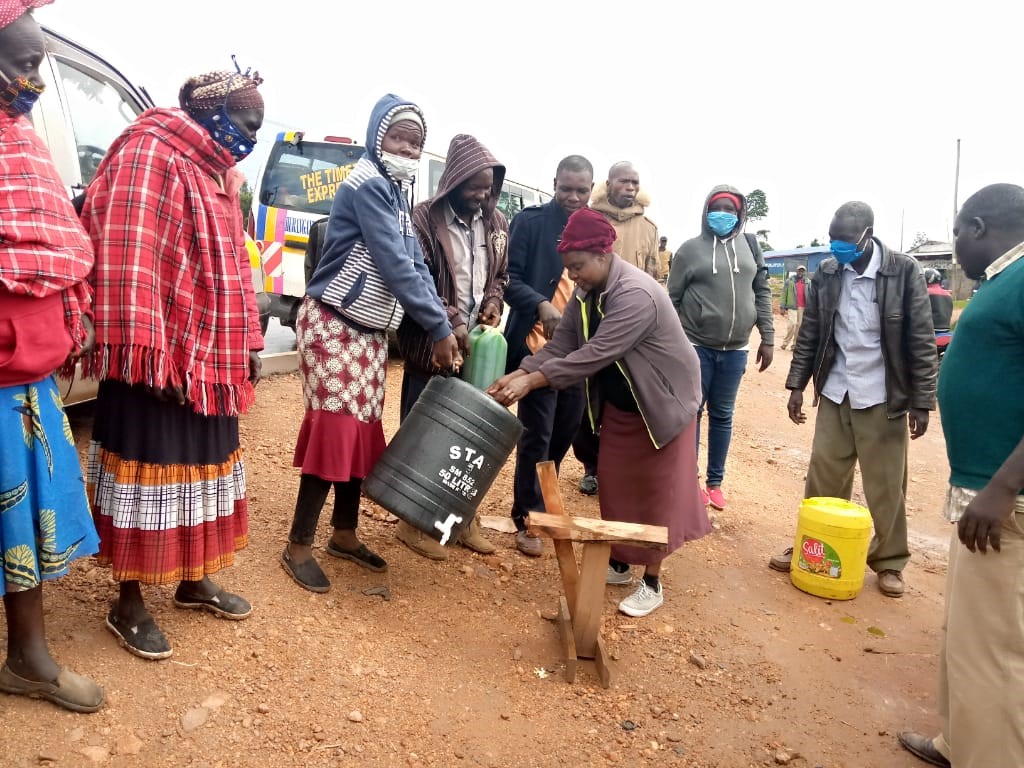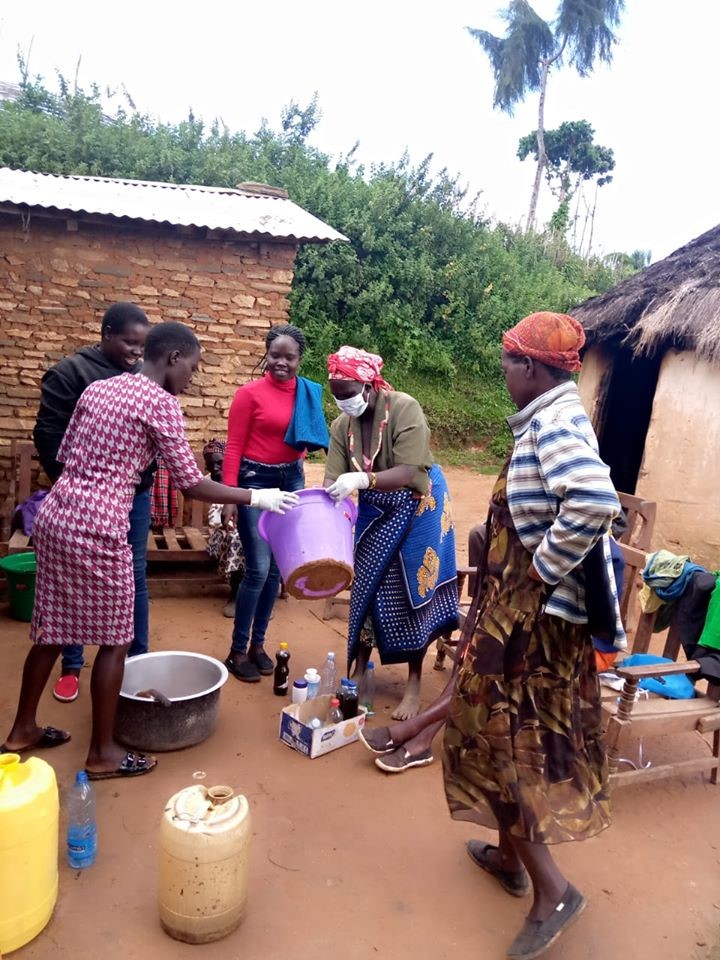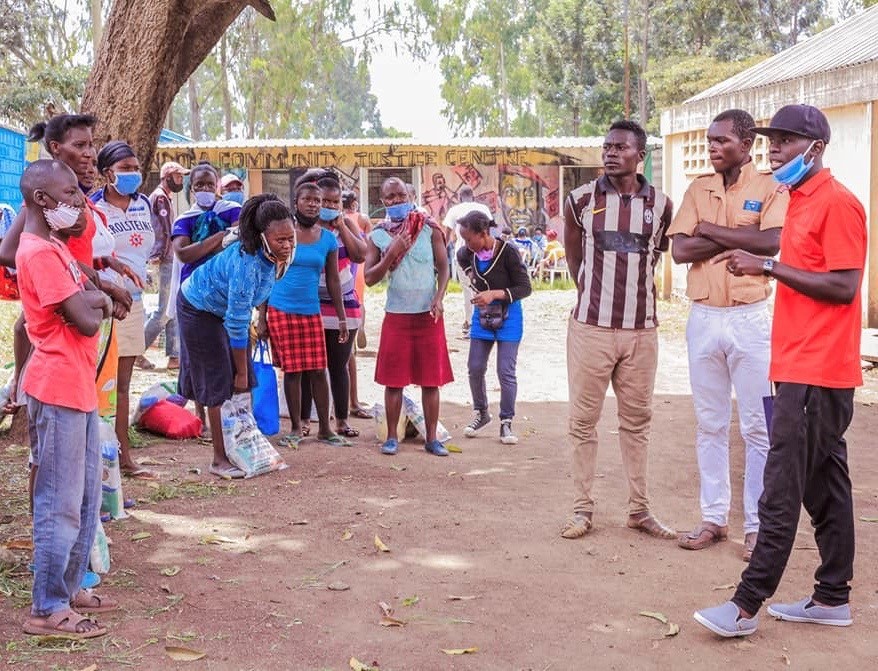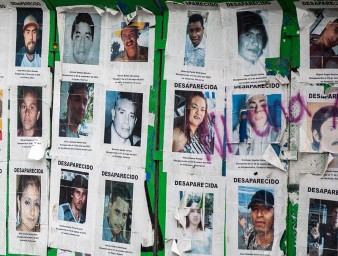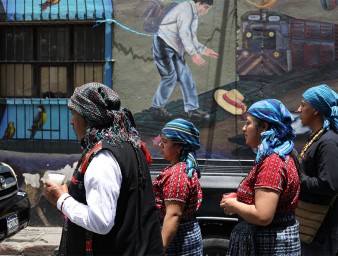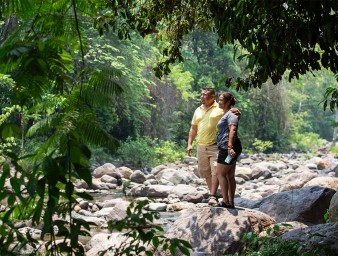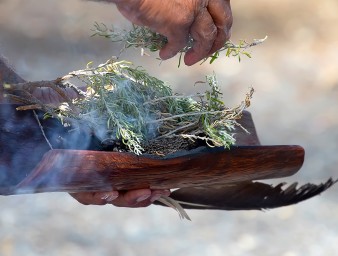Kenyan human rights defenders show solidarity with vulnerable communities during COVID-19
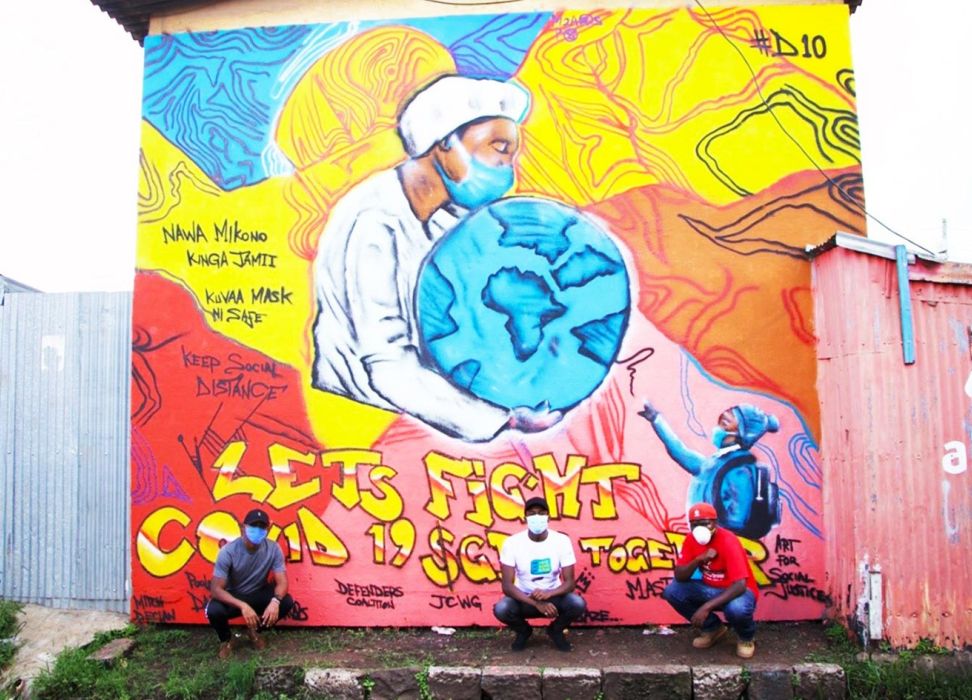
The Covid-19 slowdown period that has lasted over three months now in Kenya and, according to human rights defenders in that country, has been characterized by confusion, uncertainty and further hardship for the most vulnerable. They describe the measures put in place to combat the disease as having had devastating effects, including the loss of livelihoods and of lives, and the exposure to a wave of violence from law enforcement officers implementing emergency measures to contain the spread of COVID-19.
The National Coalition of Human Rights Defenders-Kenya (Defenders Coalition) is an organization that works primarily to strengthen the capacity of Human Rights Defenders to work effectively and to reduce their vulnerability to persecution by advocating for a favourable legal and policy environment.
According to that coalition, the pandemic has caused a concerning increase of gender and sexual based violence; unequal access to education as some institutions resorted to the use of technology; illegal detention of members of the public at quarantine facilities; the disruption of access to healthcare, and stigmatization of healthcare workers and survivors of the virus.
“Human rights defenders and the public that have spoken up against police extortion and violence, and demanded justice for victims and respect for human rights, have been targeted for intimidation, harassment, brutalizing and enforced disappearances,” said Kamau Ngugi, Executive Director of the Defenders Coalition. “Despite such risks, we have remained steadfast in our support to the community to mitigate the various effects of the COVID 19 in the poor rural and urban communities.”
The Defenders Coalition mobilized members in its network to monitor, document and speak up against human rights violations; and worked with community artists to deliver information on COVID-19 through artistic illustrations and mural along some of the busiest streets around Maringo and Kibera, two informal settlements in Nairobi. They also support their communities by enhancing their skills in implementing essential measures to try to limit the spread of virus and provide human rights defenders personal protection equipment, including facemasks and gloves, for their safety when conducting outreach work.
Rachael Mwikali, founder of the Coalition for Grass Root Human Rights Defenders
Rachael Mwikali is a leader, community organizer, feminist and woman human rights defender from Mathare informal settlement in Nairobi.
With the help of young members of her social movement, friends, volunteers and supporters, Mwikali has regularly fed up to 600 vulnerable families within her community and the Nairobi County during the pandemic.
She also promotes access to menstrual hygiene management products to young girls and women in her neighbourhood by providing them sanitary towels and menstrual cups; and supports survivors sexual and gender based violence.
Mwikali has consistently sensitized her community on the coronavirus disease whenever community members visit her for assistance and support. Her messages are those of hope and the importance of communal solidarity for psychosocial needs while facing the impacts of COVID-19.
Editar Ochieng, founder, Feminist for Peace Rights and Justice Centre
Editar is a feminist, convener and social justice champion in Kibera, Nairobi, one of the oldest and biggest slums in Africa.
She has continually advocated for the realization of women’s and girls’ rights as well as addressing issues around gender-based violence and its prevention. She has championed the inclusion of women in peace and security plans that are aimed at promoting peace in the once crime ridden community.
With COVID-19, Editar, volunteers, friends and members of her community-based organization have been mapping out vulnerable populations within her community for prioritizing them for support when food and relief stuffs are distributed in households.
She also distributes sanitary ware to young girls within the community to promote access to menstrual hygiene and prevent young girls from exposure to sexual abuse at a young age in exchange for money to purchase sanitary products.
Editar is part of the soap making team from Kibera, where they make liquid soap and distribute to community members free of charge.
The Sengwer indigenous women
The women of the Sengwer Indigenous community whose ancestral land is in Embobut Forest in Elgeyo Marakwet County, Western Kenya, formed a human rights network and enhanced their capacities on soap making to promote hygiene as a measure to fight the corona virus.
The group of women who were evicted from their ancestral land in the Embobut Forest and now reside a few kilometres farther East, have widened their geographical scope to reach people of neighbouring communities.
The Social Justice Centres Working Group
The Social Justice Centres Working Group is a movement of human rights defenders from informal settlements who promote social justice in their communities. They work through 30 social justice centres in nine counties in Kenya, and collaborate with the Defenders Coalition. They have been involved in various activities since when the first COVID-19 case was announced in Kenya in March.
Their activities include monitoring of human rights violations and the availability of water in their communities; distributing foodstuffs to over 3,000 vulnerable families in their communities across Kenya and 174 human rights defenders who have been affected by the pandemic; distributing to 16 Social Justice Centres water tanks and soap to set up handwashing stations in Nairobi; and distributing of handwashing water tanks to 10 police stations as part of a campaign to foster good relations between human rights defenders and law enforcement officials.
Disclaimer: The views, information and opinions expressed in this article are those of the persons featured in the story and do not necessarily reflect the official policy or position of the Office of the UN High Commissioner for Human Rights.
